Custard Apple Pollination
Custard apple (Annona squamosa), also known as sugar apple or sitaphal, is a highly valued tropical fruit known for its sweet, creamy texture and nutritional benefits. However, one of the major challenges in custard apple farming is low fruit set due to inadequate pollination. Since custard apple flowers exhibit protogyny (female parts mature before male parts), they require efficient external pollinators like honeybees to ensure proper pollen transfer and fertilization.
Why Honeybee Pollination is Essential for Custard Apple Farming
Custard apple flowers bloom in two distinct phases:
- Female Phase – The flower opens in the evening, receptive to pollen but unable to produce its own.
- Male Phase – The flower releases pollen the next morning when it is no longer receptive.
- This natural mechanism makes self-pollination inefficient, increasing the need for honeybee-assisted pollination. By introducing
beehives into orchards, pollen transfer is optimized, leading to a higher fruit set, improved quality, and increased yield.
Key Benefits of Honeybee Pollination in Custard Apple Farming
- Increases Fruit Production – Enhances yield by 10% to 30%, ensuring a more profitable harvest.
- Improves Fruit Quality – Results in larger, well-shaped, and uniform custard apples.
- Supports Organic Farming – Eliminates the need for artificial pollination techniques and pesticides.
- Boosts Pollination Efficiency – Requires only 4 beehives per hectare for optimal results.
- Reduces Manual Pollination Efforts – Saves time and labor costs by naturally enhancing fruit set.
A Sustainable & Natural Farming Approach
Unlike manual pollination methods, which are labor-intensive and time-consuming, honeybee pollination offers a natural, sustainable, and eco-friendly alternative. Since no pesticides are required, it helps maintain a healthy farm ecosystem, benefiting both the crop and the surrounding biodiversity.
Maximize Your Custard Apple Harvest with Expert Pollination Services!
🐝 Let nature do the work! Improve your farm productivity with honeybee-based pollination services today.
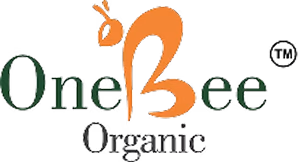

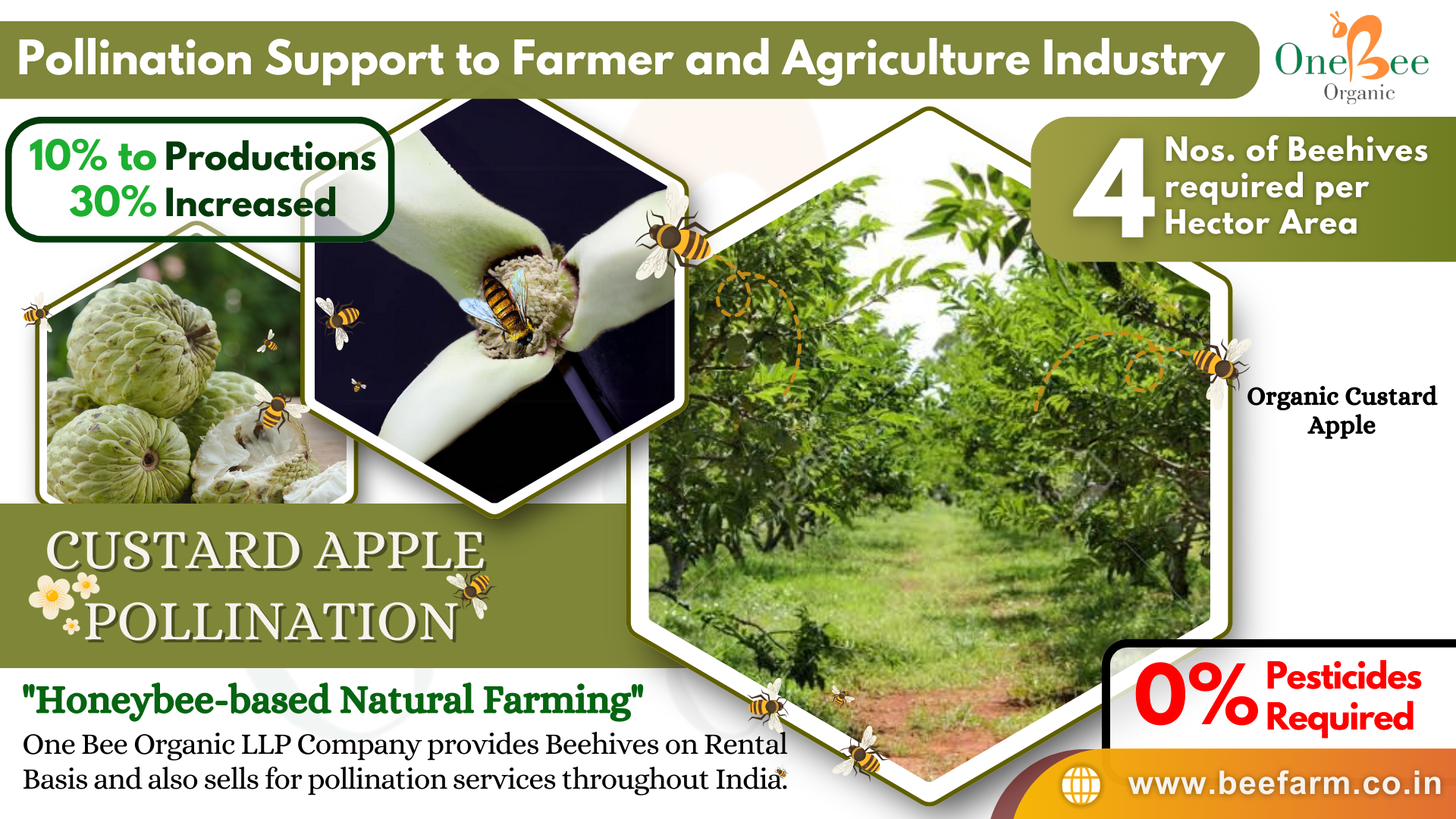

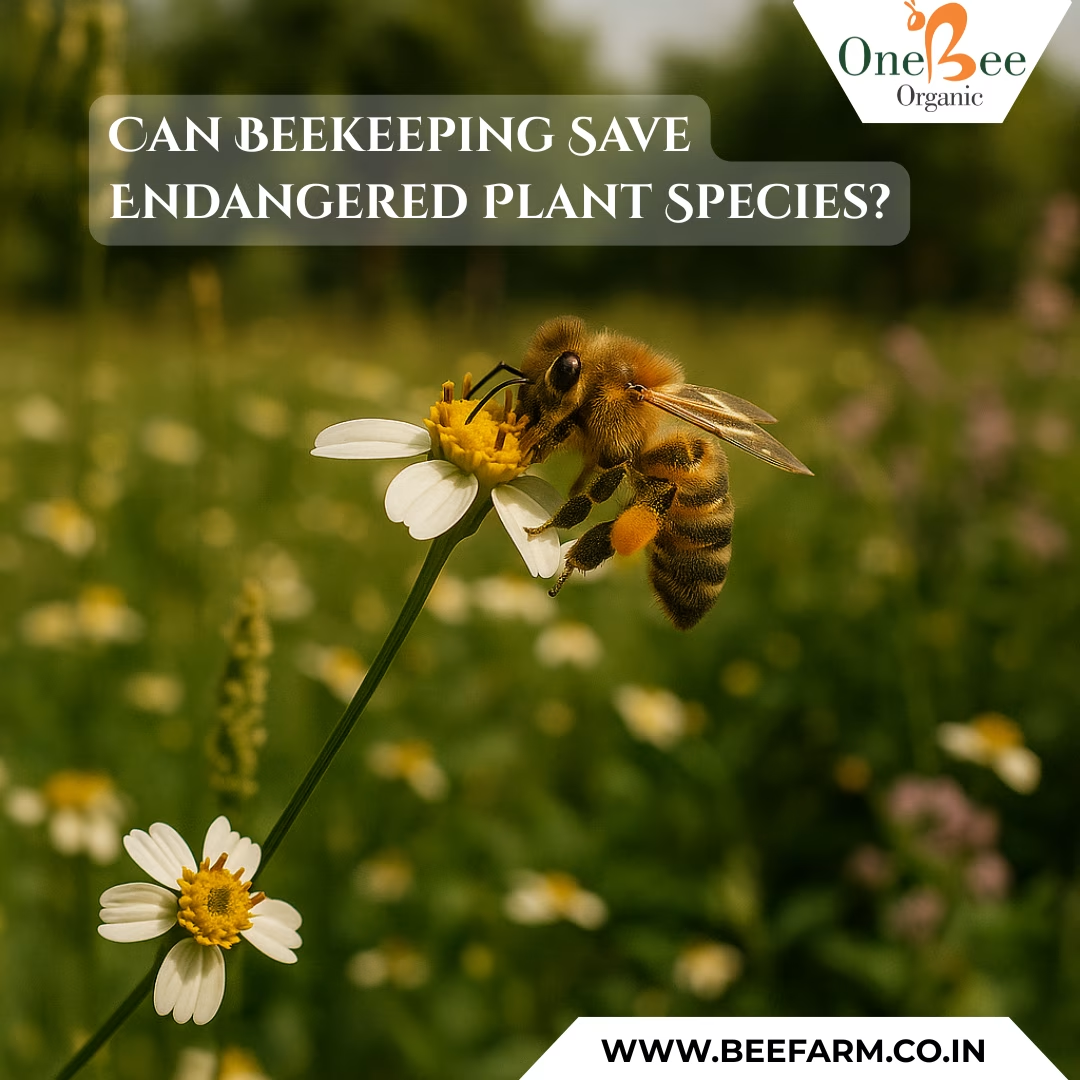

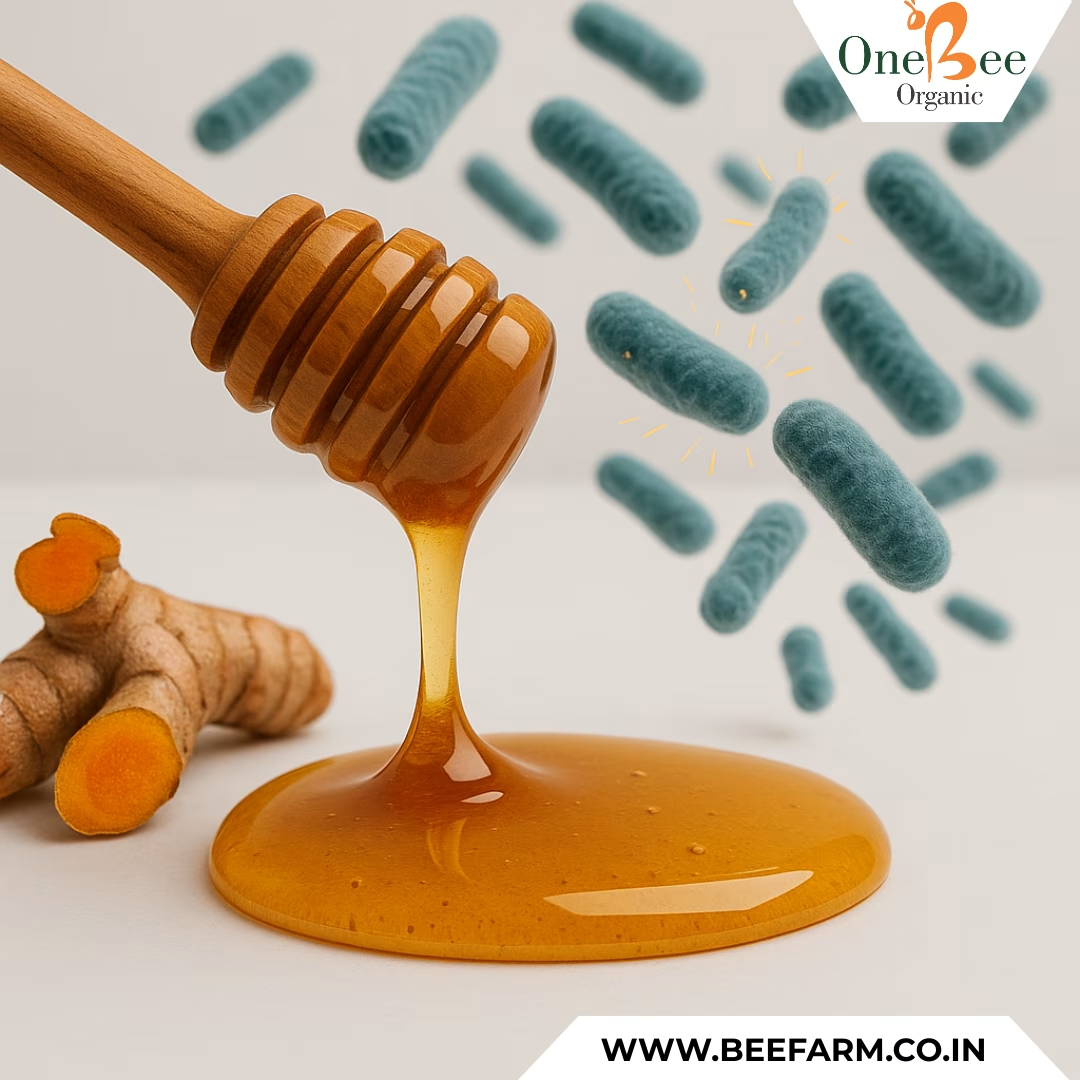
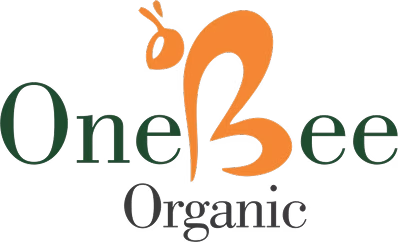
Leave A Comment